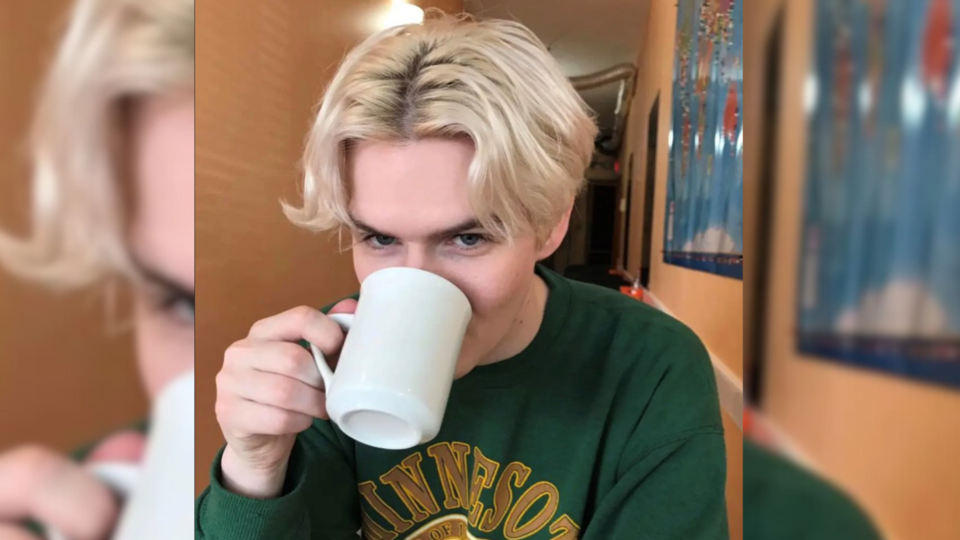Some days it feels like my son, Michael, was murdered.
He bought something to consume, it was poisoned by someone up the chain of production, and now he is dead.
And, every day, six or seven more people are dying like he did, and yet the coroner continues to call these deaths “accidental.”
Michael was just shy of his 26th birthday when he died of a drug poisoning.
He had possibly 50 years of life on this planet robbed from him because those in power don’t have the guts to give people addicted to what are deemed illegal substances clean, safe products.
If British Columbians were suddenly dying from poisoned alcohol or tainted nicotine or adulterated medications, there would be hell to pay for suppliers.
But because some people choose to use substances that aren’t on the list of socially acceptable drugs, they rely on criminals to get their unregulated products in an unregulated market.
On Mother’s Day, I spent some time at a tree planted in my son’s memory. Beside me were my two other sons, who will spend the rest of their lives mourning the loss of their older brother.
Walking back with my youngest son, I tried to explain how the loss felt to me.
I’ve described it as feeling like one-third of my heart was ripped out. I wonder if the loss of a child changes a mother’s biology.
At least it’s altered my brain.
Every day, I function and work and spend time with my loved ones. But the second there is no distraction, my thoughts always go back to Michael.
It might be a wonderful memory, or it might be a horrible memory like finding him dead in his bedroom.
Sometimes, it’s accompanied by unfathomable grief.
At other times, I just have questions – could I have done something differently to help him? What did his life mean?
I have come to some measure of peace with Michael’s death and when I feel that aching in my heart, I know it’s him trying to stay near me.
But it doesn’t mean I’ve accepted what happened.
The fact that our mental-health and addictions “system” didn’t offer any solutions just makes me furious. I use quotation marks because it doesn’t seem to be working systematically to help anyone. Rather, piecemeal, patchwork solutions are sporadically offered, with little to no follow-up.
Maybe, the system just expects everyone to pull themselves up from the bootstraps. Take some responsibility. Just say “no” to drugs.
I have no answers as to how to tackle this crisis of poisoned drugs and its consequences that are throwing family after family into grief. There appears to be a whole industry of “experts” out there, but, honestly, I don’t believe they have any real answers either.
But I do have a question for anyone struggling to cope with a substance-use disorder.
It’s not “how can I help you stop using drugs?”
It’s not “why do you use drugs when you know it’s causing more problems than it’s fixing?”
It’s not even “what went wrong in your life to take you down this path?”
Because all those questions are based on the presumption that I have the moral authority to tell someone else how they should live their life.
The question we should ask someone who is struggling with a substance-use disorder is “what can I do to make your life better?”
Let’s look at people who use drugs as people first and give them some dignity, stop the moral judgments and help them stay alive.
Because, quite frankly, whether or not people use drugs is really none of our business.
But to keep people alive, healthy and thriving is our responsibility.
This article is part of an in-depth, provincewide journalistic effort by Glacier Media to examine the scope, costs and toll of the opioid and toxic drug crisis in British Columbia – a public health emergency that has taken at least 11,807 lives since 2016.
If you or someone you know is in an emergency, call 911. If you need help with substance abuse, call the B.C. government’s alcohol and drug information and referral service at 1-800-663-1441. It’s available 24 hours a day.



